
Critical to the environment, public health, and quality of life, wastewater infrastructure in Alabama - and throughout the country - suffers from decades of lack of investment and racial discrimination, and is increasingly threatened by the changing climate.
Directed by Sarah Franke.
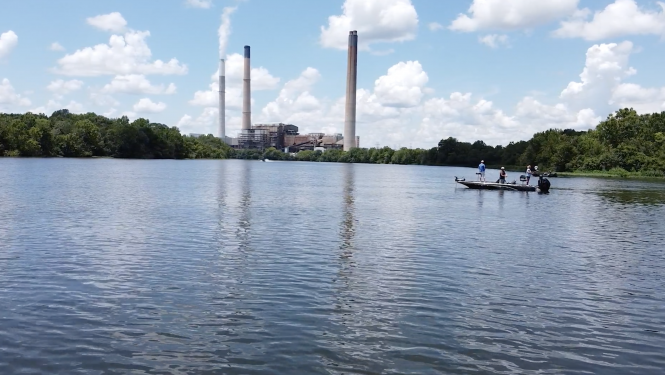
Fishers throughout East Alabama depend on the mighty Coosa River for food, recreation and a family pastime that goes back generations. But do fishermen and women -- and their families -- have a right to know which fish are safe to consume? Not currently in Alabama, the River State. Coosa Riverkeeper and other advocates are working to give fishers across the entire state that right. Directed by John Haley.
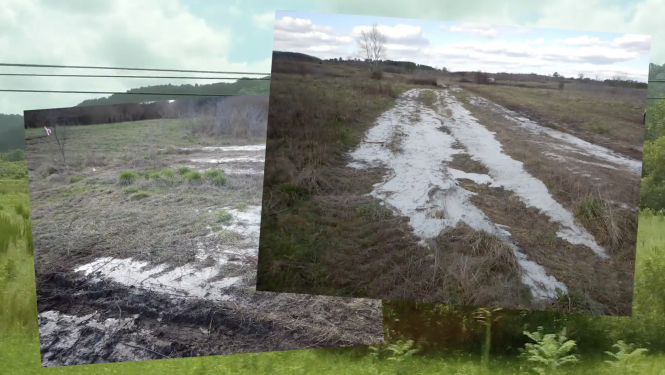
When Julie Lay and her family began smelling a stench so powerful it reminded her first-responder husband of the smell of dead bodies, she decided she needed to find out more. She found that in Alabama she was far from alone. She left her career in agriculture and food safety to investigate. Waste by-products, including treated human sewage and the waste from poultry processing plants, is being applied directly to farmland throughout the country. Who is regulating this practice and what kind of pollution or toxins could be getting in our food that is growing in the soil mixed with this sludge? Directed by McKinleigh Lair.
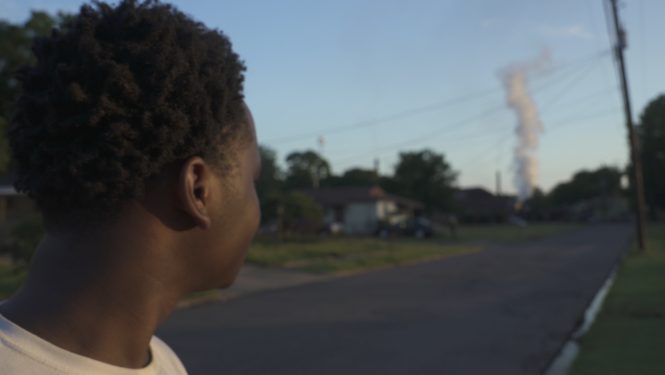
After a high-profile bribery scandal led to the convictions of the three powerful conspirators, the community they targeted is left in the dust to find relief from decades of toxic air and soil pollution. Community members in the North Birmingham neighborhoods of Collegeville, Harriman Park and Fairmont tell their personal stories and share their struggles, as they seek a healthier life for the generations of the future. Directed by Kristy Choi.
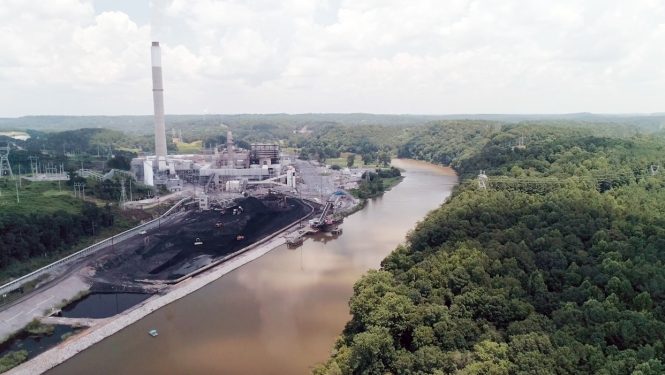
A small community in Northeast Alabama. A mayor whose town sits on the river’s banks. A businessman in the Mobile Bay. All of these communities are impacted by coal ash in Alabama.
Coal Ash, a pollution by-product of burning coal, is impacting communities across Alabama. Billions of tons of ash are stored in unlined pits alongside our rivers and stream causing harmful pollution such as mercury, arsenic, and many other heavy metal to be dumped into our rivers, lakes, and bays where we fish, swim, and drink. This film tells the grim story of coal ash in Alabama and what you can do to call on the electric utility companies to become leaders by cleaning up the pollution they have created.
Directed by Kaitlin McMurry.
A mosquito bite decades ago leads Catherine Coleman Flowers on her life’s journey.
The second in the Southern Exposure series, this captivating film brings viewers into the world of Catherine Coleman Flowers, a Lowndes County, Alabama activist who became passionate about the environment when she found out that tropical diseases, like hookworm, were showing up in her community because of sewage treatment problems. Her journey to solve problems at the intersection of poverty, climate change, and politics has taken her from the Alabama Black Belt to Washington, D.C. to Switzerland and back. She shares her special connection to place and invites you in to a day in her life.
Directed by Ellen Esling.
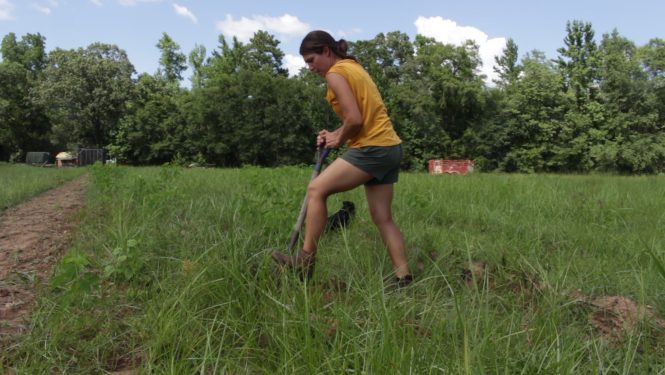
Farming is a practice that impacts our health, our environment, our communities and our world. Knowing where our food really comes from and how safely it is grown is becoming increasingly difficult. This film explores farming in Alabama through the eyes of local farmers all across the state that care about the land, the water and the people they feed. Directed by Jess Lingle.
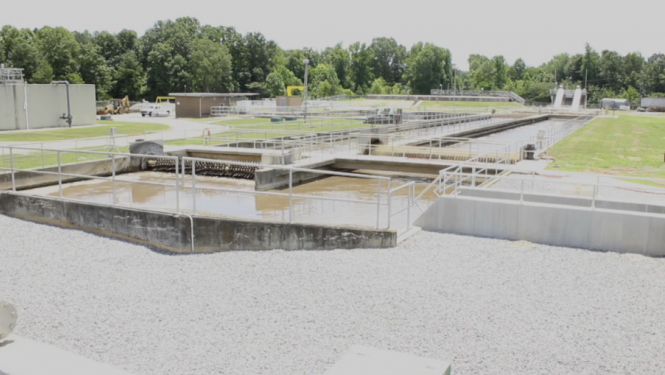
People believe that what they flush down the toilet gets cleaned at a wastewater treatment facility. But in Alabama, the lack of funding to repair and maintain aging infrastructure often leads to untreated wastewater being dumped in places where families swim, paddle and fish. Even worse, there is no comprehensive system to notify the public when water quality has been compromised. In the absence of agency enforcement, how can citizens take action and hold these facilities accountable? Directed by Cai Thomas.
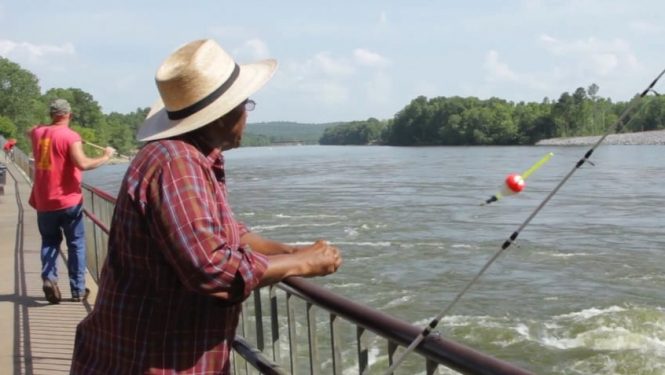
Just below the H. Neely Henry Dam on the Coosa River, Mr. Woods catches catfish to fry and eat. Like many lakes and rivers in Alabama, this spot has a fish consumption advisory, indicating that the fish may contain dangerous levels of mercury and other contaminants. The Alabama Department of Public Health suggests limiting or avoiding consumption of some fish species in certain locations--information found on the agency’s website--but there is no legal requirement to post signs for fishermen. Where does that leave Mr. Woods and others who depend on fishing for sustenance? Directed by Natasha Raheja.
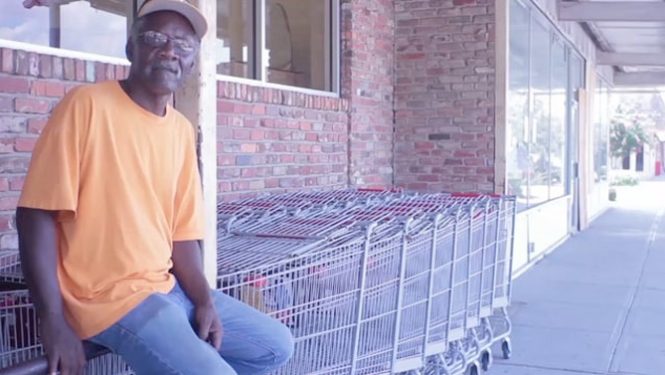
The public is well-aware that a failed sewage system left Jefferson County in debt and eventually bankrupt; however, sewage problems still exist throughout the state. The small community of Uniontown, a town extremely affected by failed sewage infrastructure, shows what is at stake and why these problems must be addressed. Directed by Carlos Estrada.
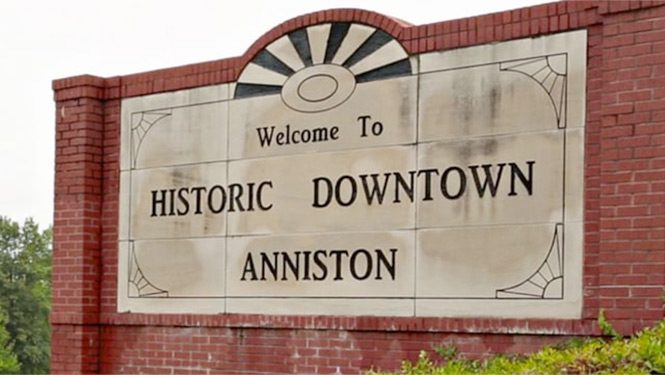
For nearly 40 years, the Monsanto company discharged PCBs (polychlorinated biphenyls) directly into streams and landfills in the town of Anniston, Alabama, leaving a toxic legacy that residents and conservationists are still dealing with today. Directed by Spenser Gabin.
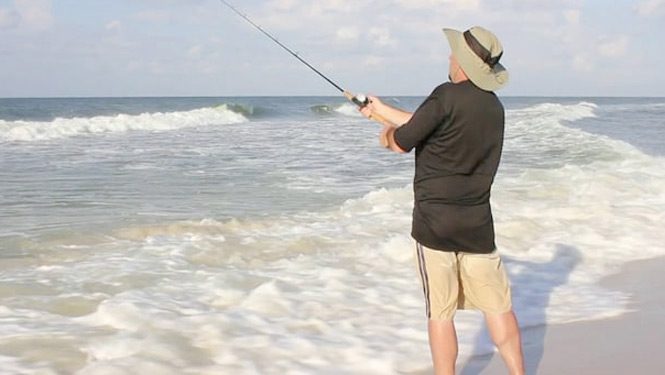
In a state with 77,000 miles of rivers and streams, fishing is a way of life for many Alabama residents and supports a vibrant seafood and tourism industry. But Alabama's waterways--and the people and wildlife who depend on them--are facing an unprecedented array of threats, from the BP oil spill to coal ash pollution to contaminated runoff from construction sites. Directed by Jessica Pic.